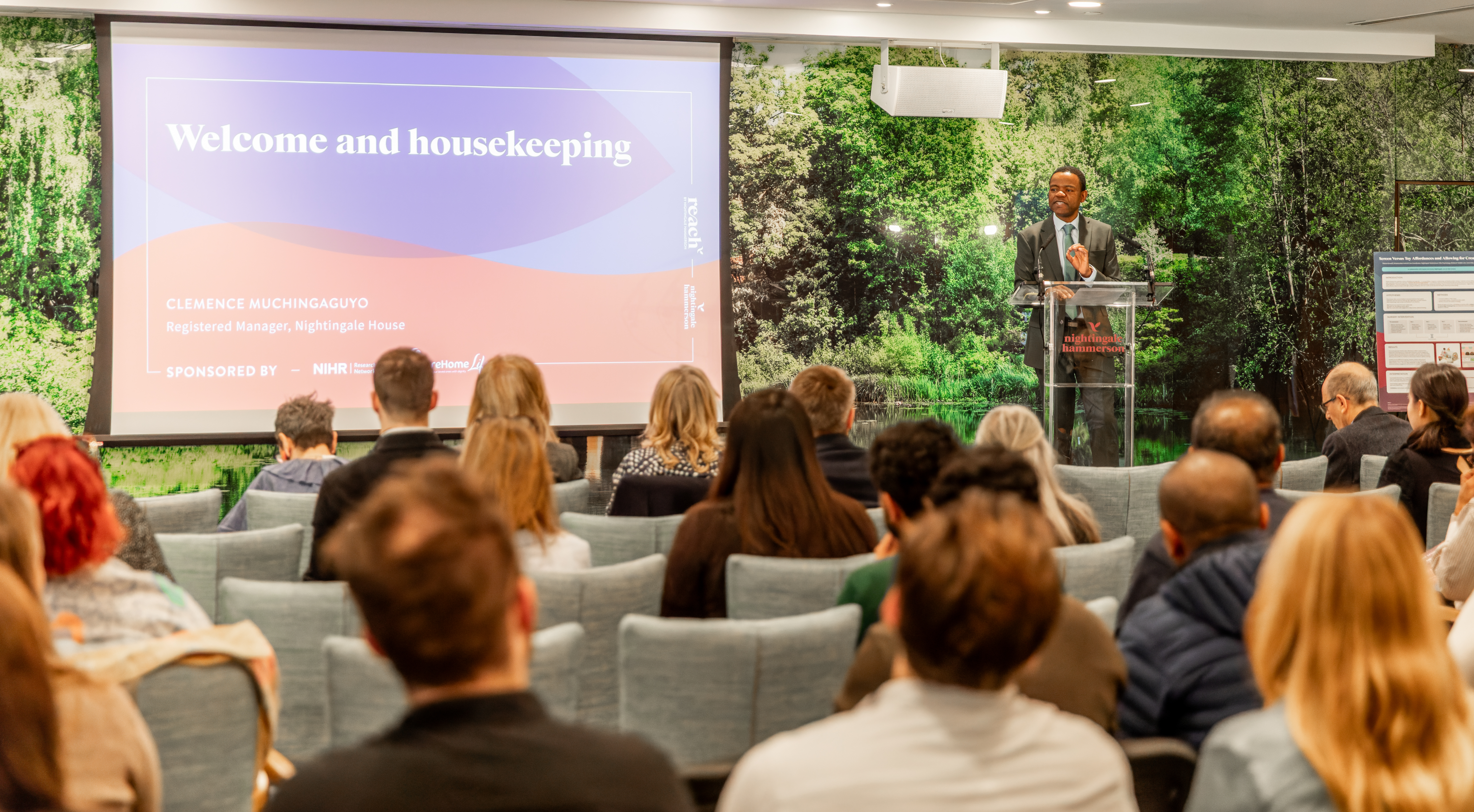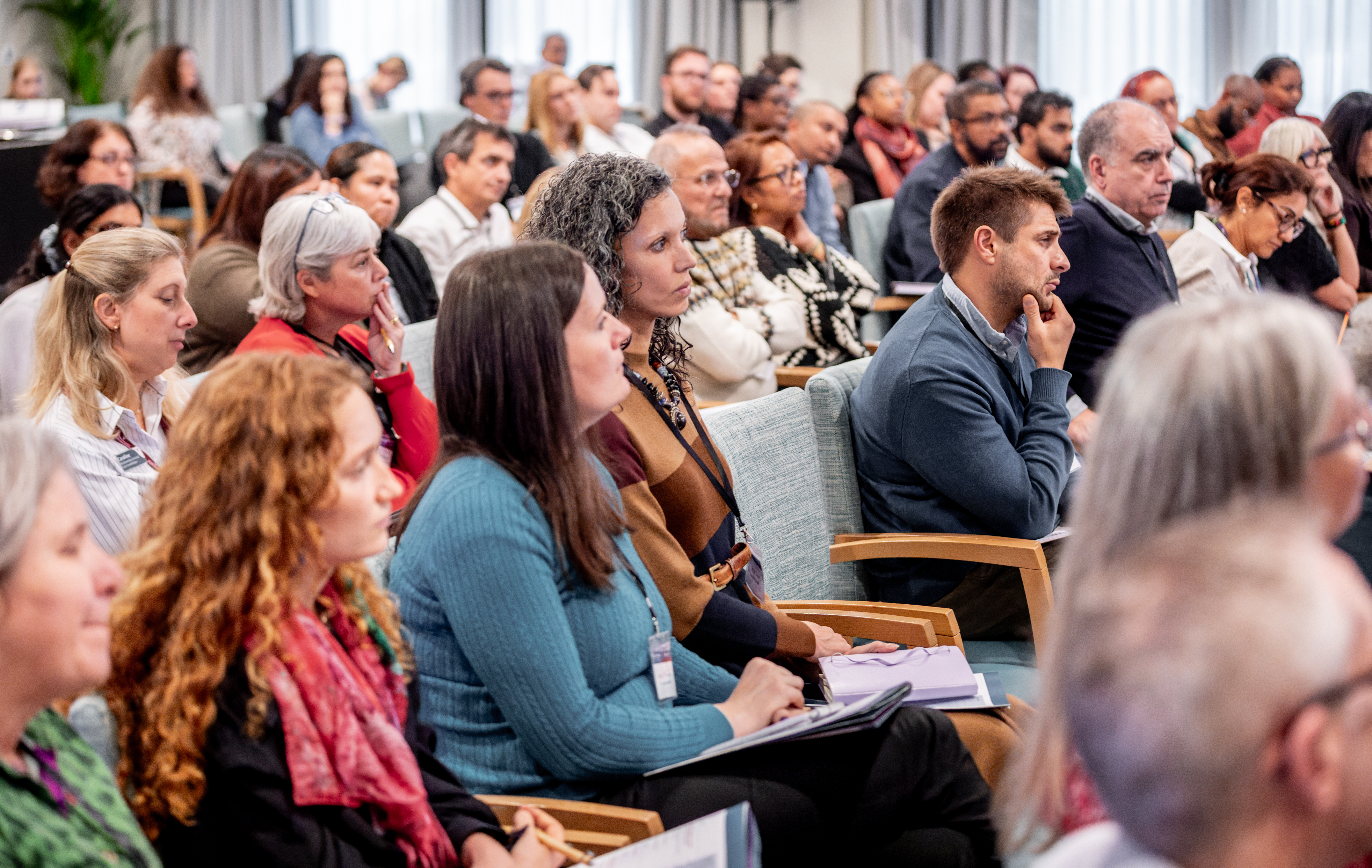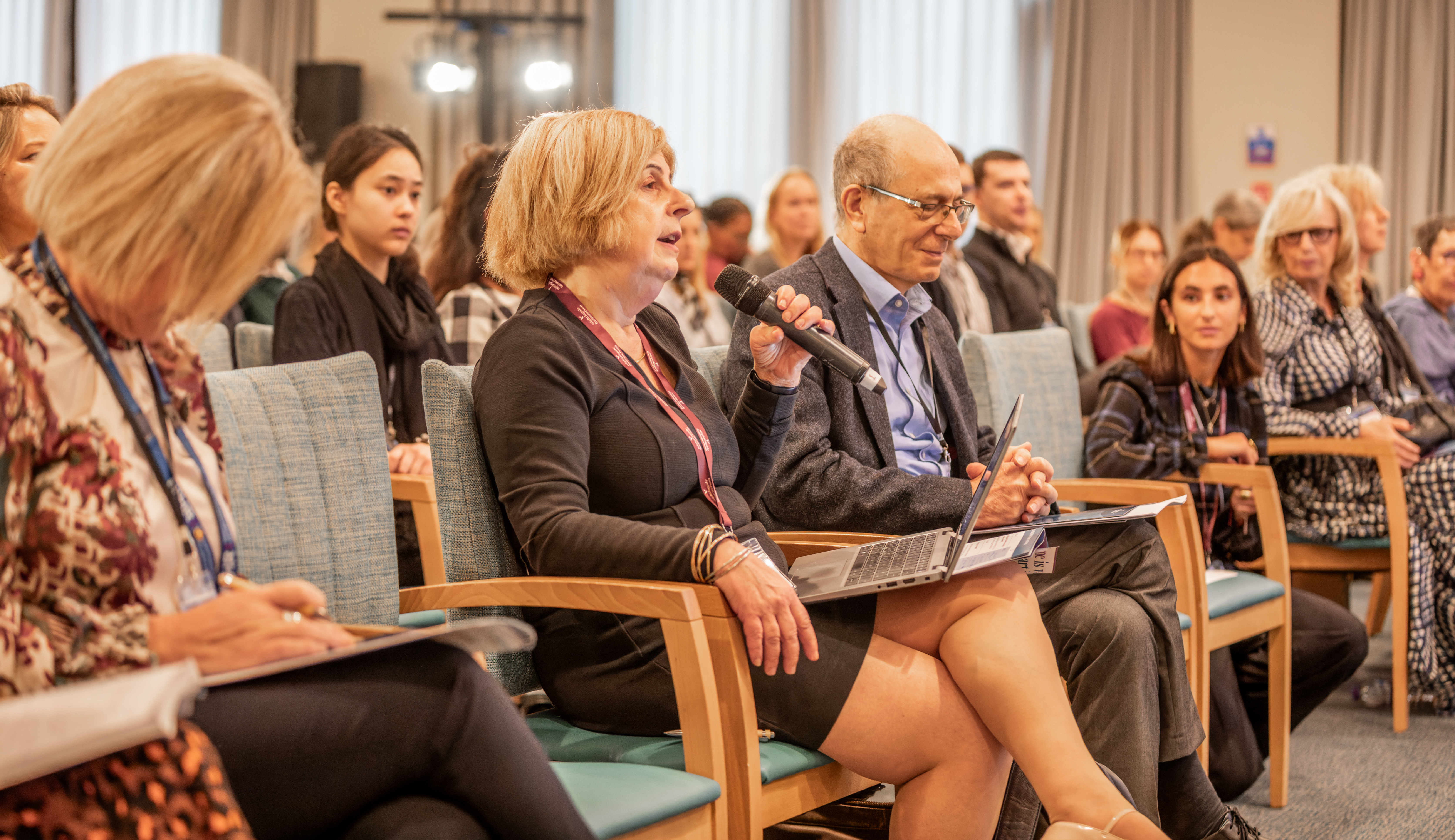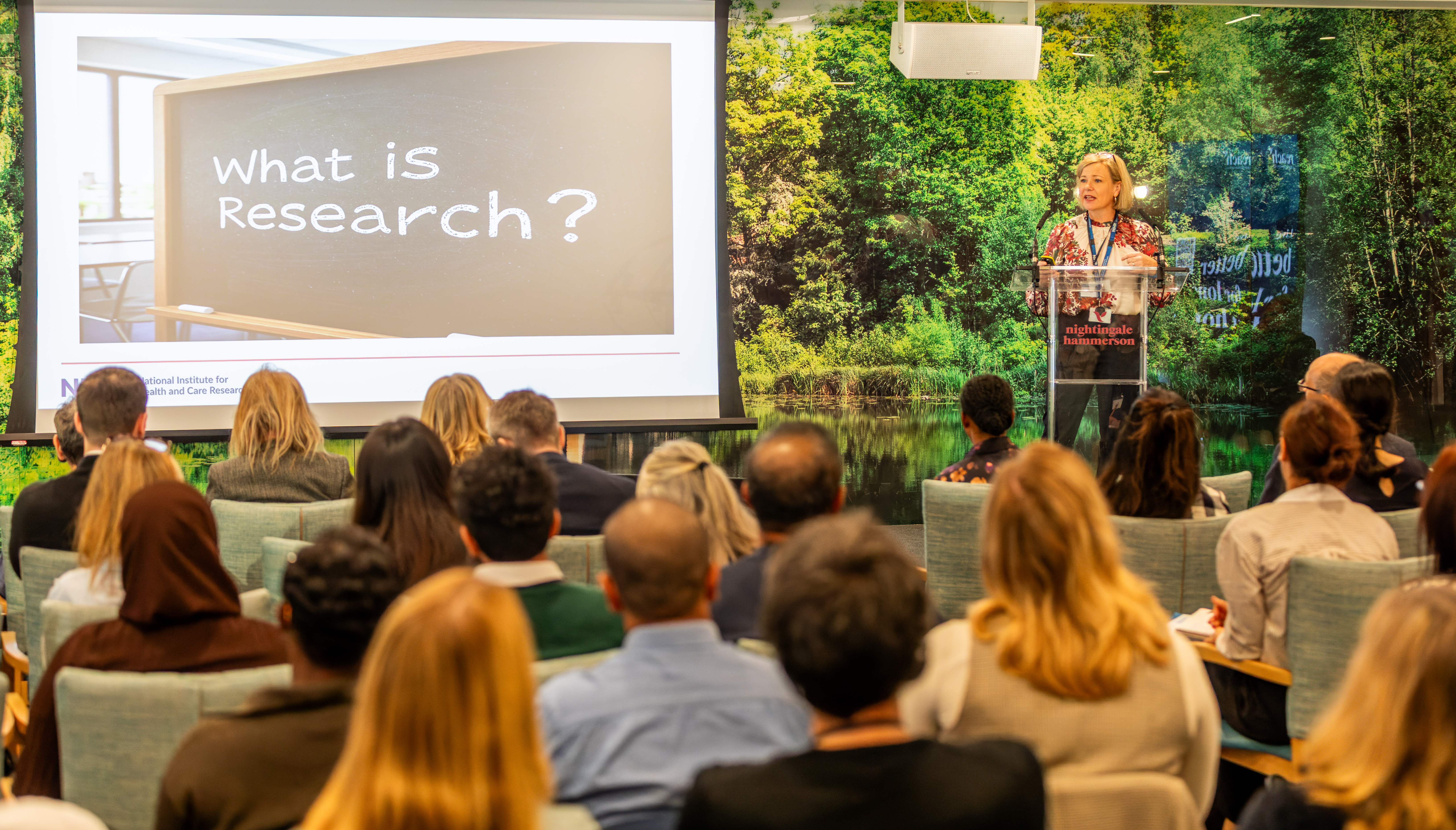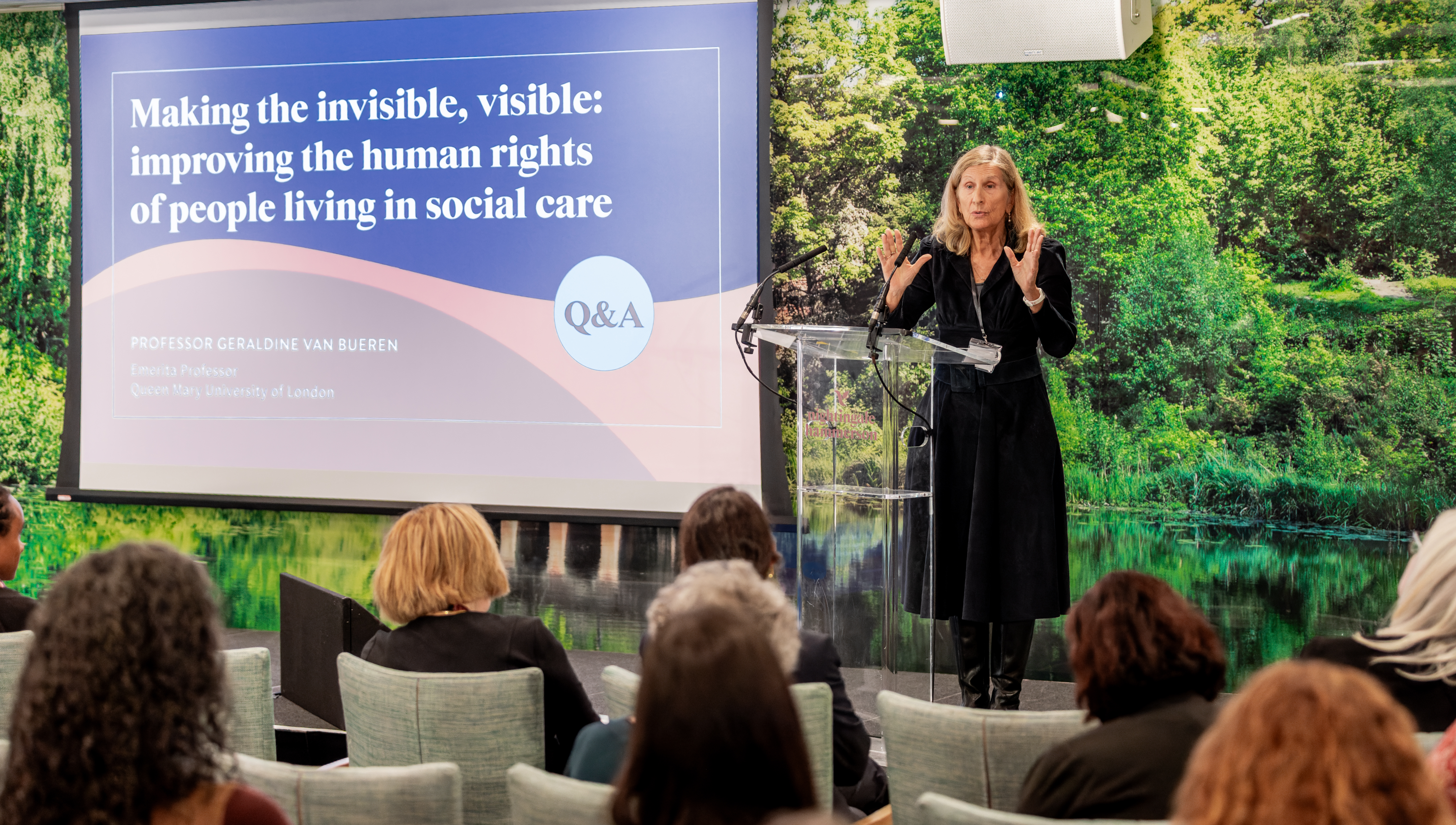Thursday, 6th November 2025
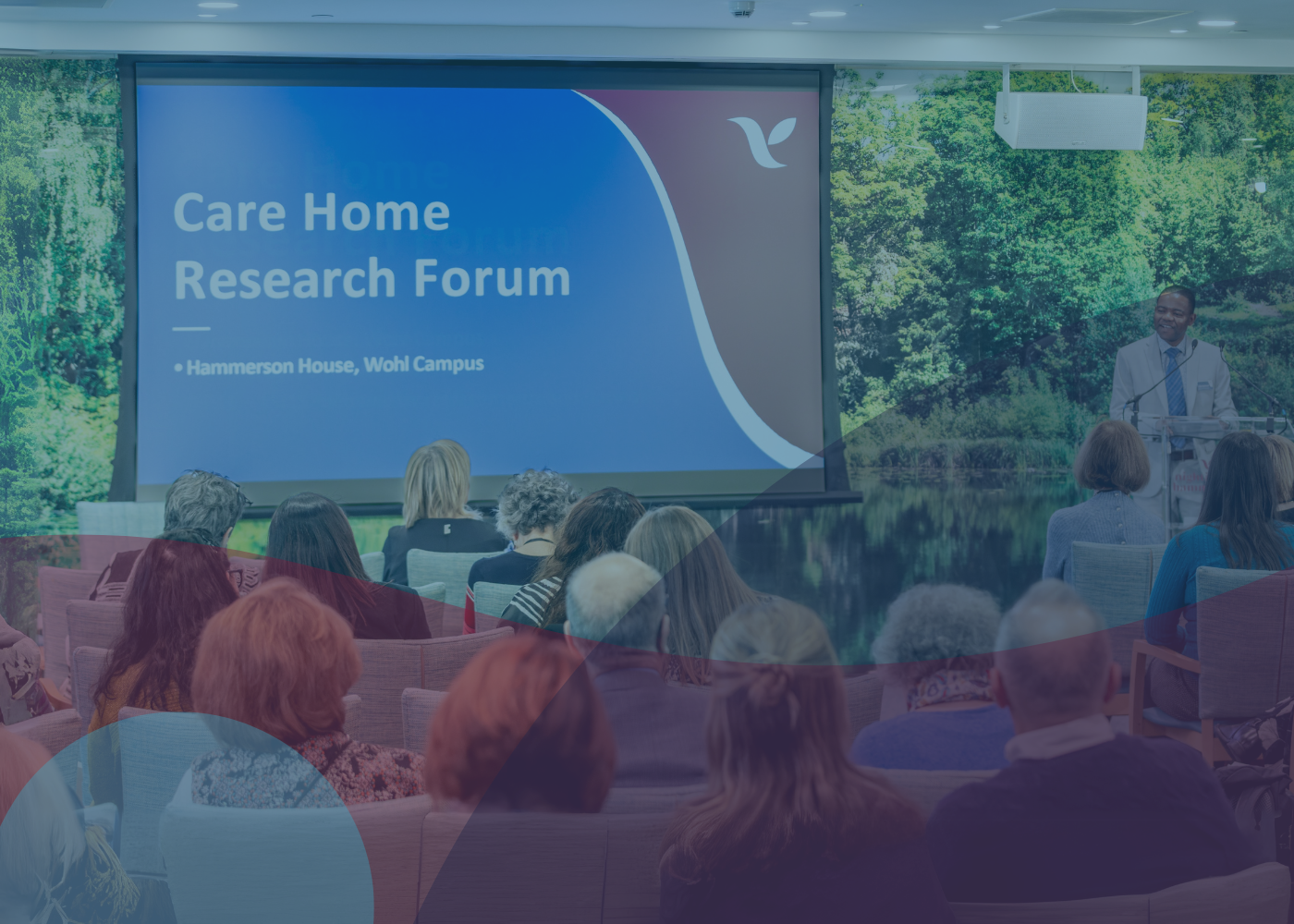
Hosted by Nightingale Hammerson, the Care Home Research Forum 2025 brought research to life, making outcomes accessible and meaningful for everyone attending.
The day was filled with insightful discussions on:
– Using research evidence to improve care for residents
– The future of social care policy, funding, and research capability
– Challenges around infection control, technology, and human rights
– Inspiring presentations from the new generation of researchers exploring topics that truly shape the future of social care
We were also moved by a powerful video sharing real-life feedback from residents and care home teams about what it means to take part in research, a reminder of the people at the heart of every study.
A heartfelt thank you to our brilliant speakers:
Professor Laura Shallcross, Michelle Dyson CB, Dr Zena Aldridge MA RNMH QN FRSA, Professor Geraldine Van Bueren, Raphael Wittenberg, Professor Kate Hamblin, Dr Calisha Allen, Arielle Rostant, Keziah Florin-Sefton, Jennifer Pattinson, Clemence Muchingaguyo, Professor Gill Livingston and Abbie Sule.
And of course, an enormous thank you to our sponsors and supporters who made this event possible.
Finally, we highly appreciate everyone who joined us in person and virtually. Your presence contributed to making the day a great success.
Take a look at our brochure:
Brochure Care Home Research Forum 2025
